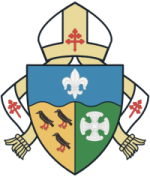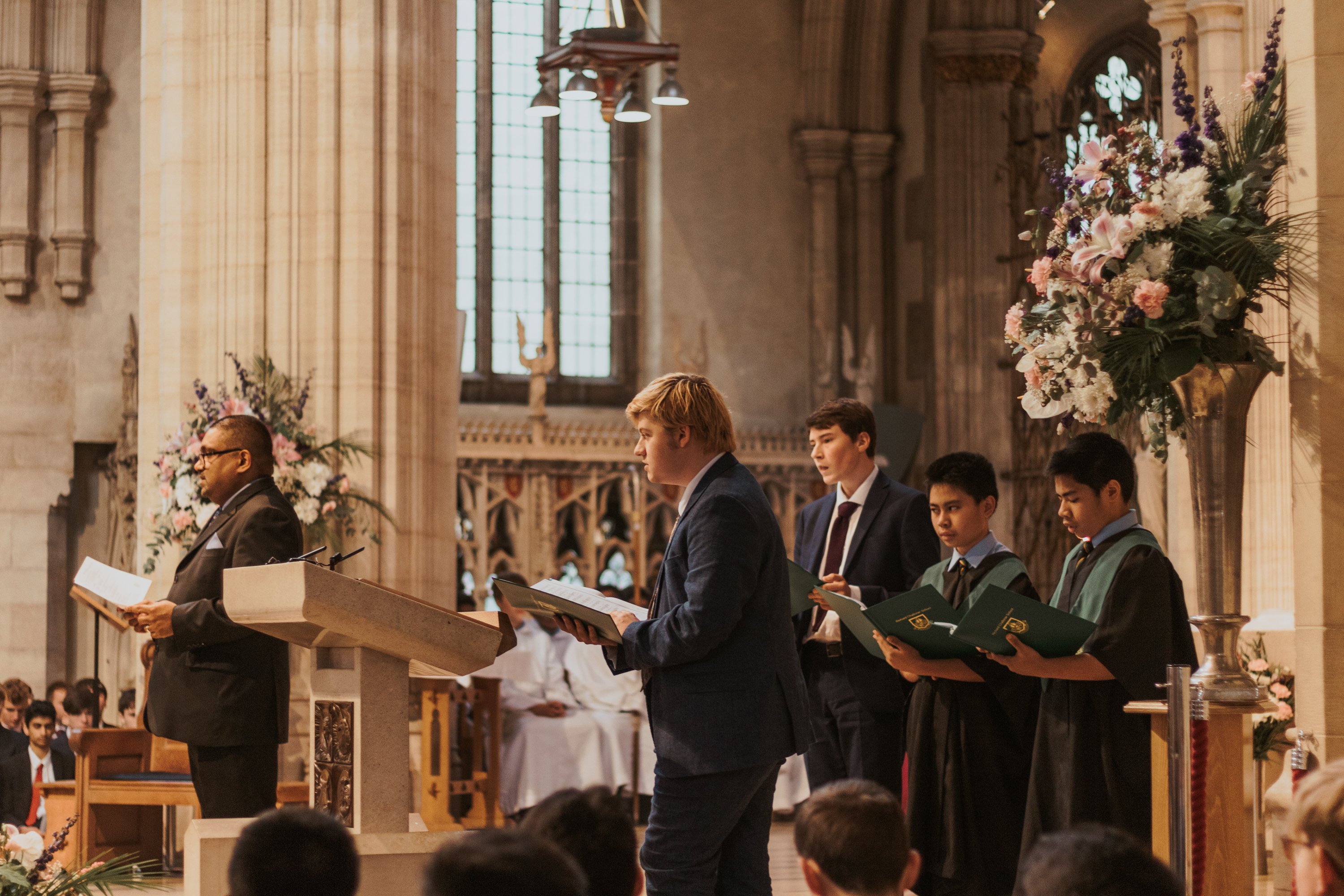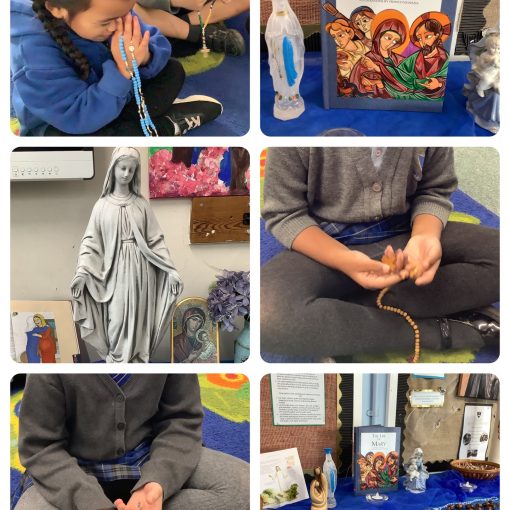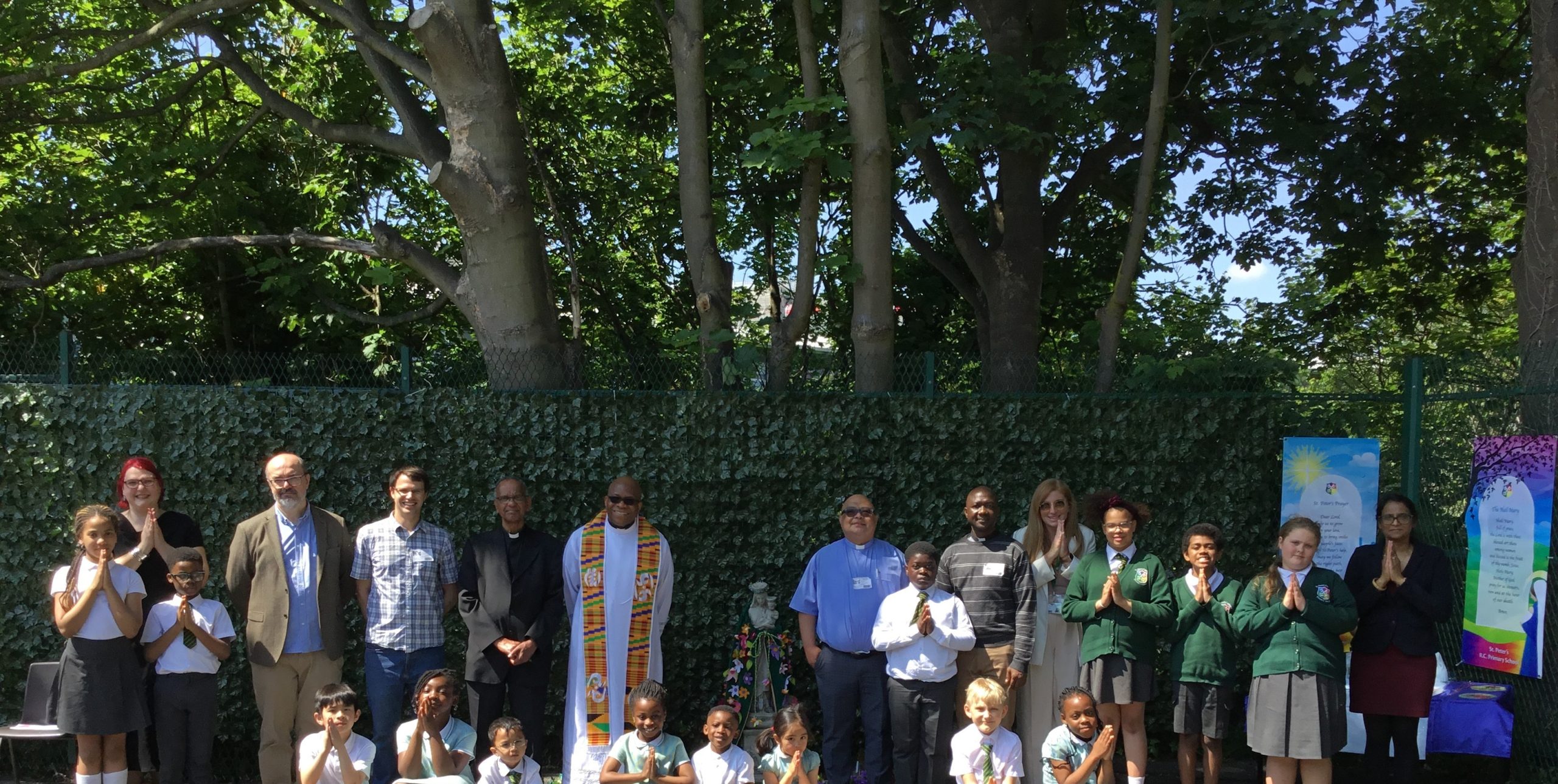Background:
The aim of the YEB is to provide young people in the
Archdiocese of Southwark with the opportunity to express their views in
order to help inform the Education Commission and the
Archbishop to assist decision making that affects their
education. This enables
the Director of Education and the officers at the Education Commission to consult
the young people in our schools on a variety of issues that impact on schools
within the diocese. The
membership of the YEB is made up of young people representing the various
geographic locations within the Archdiocese of Southwark. Membership is
open to pupils/students enrolled in a Diocesan Catholic School or College in
years 10, 11, 12 or 13. The term of office is 15 months. Most
schools chose the representatives from pupils/students who are already having a
positive impact in their schools. Some
of the representatives are part of the elected School Council. Others are chosen because of their contribution
to the wider Catholic Life of the school or their work within the Religious
Education department.
Structure 2018-19:
Reviewing previous years, we recognised that attendance
at meetings in Central London was not For 2018/19 we set up three YEB groups,
one for each Pastoral Area of the Diocese (South East London; South West
London, Kent/Medway). Meetings are in November and March, with the same
agenda for each group. Each group elected
their own Chair/Vice-Chair. The
committees were serviced by an officer from the Education Commission. The diocesan Director of Education attended 4
of the 6 meetings. The cycle of meetings
was then completed in June by calling the Chair/Vice-Chair of
each Pastoral Area Group to meet with the Archbishop.
Impact:
- Attendance
The new structure was very successful. 71 pupils/students from 27 schools/colleges attended the meetings. A few representatives were unable to attend both meetings because of internal school practicalities. In contrast the average attendance in the previous three years was 15-20 pupils/students from 12 schools/colleges. The plan is to continue to with this format of meetings into 2019/20. - Support from schools/colleges
School/college leaders were supportive of this project. As seen from the attendance information, they facilitated attendance at the meetings by ensuring that we had an effective contact person that we could liaise with. We were particularly grateful to those schools/colleges who made adjustments to internal end of year exam arrangements to enable Chair/Vice-Chairs to attend the meeting at Archbishop’s House.
Our thanks also to school leaders at Richard Challoner School (New Malden), St Thomas the Apostle College (Nunhead) and St Anselm’s (Canterbury) for their generosity in hosting the Pastoral Area Group meetings. - YEB Leadership skills
Each Pastoral Area Group elected a Chair and Vice-Chair. We were very impressed by those young people. They took their responsibilities seriously. They led and facilitated discussions with considerable skill. They had the confidence to take the initiative at various times. They were particularly impressive at the meeting with Archbishop Peter. They summarised the main outcomes of the different meetings and presented their ideas to the Archbishop with clarity. We are keen to continue with the element of the meeting cycle and will negotiate with Archbishop John to secure a date for June/July 2020. - Education Commission Strategy
Dr Simon Hughes presented elements of the emerging strategy for education in the diocese so that he could hear from representative pupils/students about their experience of our Catholic schools. He found the discussions informative and helpful. Some of their observations have informed the strategy documents. - Relationships & Sex Education
During the year the Department for Education (DfE) published their new statutory guidelines that will apply to all types of school from September 2020. We took the opportunities to seek the views of the YEB on some of the required content. They were supportive of the content guide because it gives pupils/students opportunities to discuss a range of aspects of relationships and how to keep safe. The DfE content descriptions do not provide clear distinction of ‘age-appropriate’ content beyond general ‘by the end of the phase’ content lists. The YEB members were able to assist us develop ideas and strategies that will help or planning of training sessions for teachers and school leaders. - Vatican Synod on Young People
This took place in October 2019 so in our November meeting we discussed some of the key themes that emerged from the Synod (a short youtube presentation by Bishop Robert Barron). It was interesting to hear the initial reactions of YEB members. This may be something we will revisit, perhaps after hearing how the Southwark Diocesan Youth Service build on the work of the Synod in their work. - Environmental Policy
The Diocesan Justice and Peace Committee have been developing an ‘environmental policy’ using the principles of Pope Francis’ publication Laudato Si. The draft included recommendations for the diocese offices/agencies, parishes and parishioners. The YEB were asked to offer recommendations for the context of schools. Their ideas were passed back to the Justice and Peace Committee for inclusion in the final policy. Once that has been ratified, the YEB meetings in the autumn might explore how to promote this work within schools. - Reporting back to schools
Some of the YEB members consulted their peers between meetings. That initiative did help focus discussions in the March meetings. We will do more to encourage that approach during 2019/20. At least one school included a report by the YEB members in their school newsletter or annual publication. We will do more to promote the work of the YEB in that way.
Meetings 2019/20
Patrick Harrison
July 2019




